Human trafficking campaign alert over slavery signs
- Published
A new campaign on how to spot the signs of human trafficking gets under way in north Wales
Modern-day slavery can be tackled if people spot the warning signs, according to a new campaign against human trafficking in north Wales.
Police, ferry companies and charities are among more than 40 organisations involved in what they claim is the first project of its kind in the UK.
A checklist of warning signs will be handed to passengers at Holyhead port on Friday to raise public awareness.
Co-ordinator Jim Coy said the aim was to make Wales "hostile" to trafficking.
He said the general public can help the authorities catch the culprits through spotting signs that could indicate sexual exploitation, forced labour, domestic servitude and other forms of abuse.
"There are a whole gamut of ways in which people are exploited - we want people to start thinking about it," he said.
"If a person doesn't look right in the company of other people, bring it to the attention of the authorities and we'll do the rest."
The UK government has introduced a Modern Slavery Bill, external to reinforce efforts to tackle the problem.

Tell-tale signs
A leaflet called Stop the Traffik, external asks people to be alert to a number of signs in others including the following:
A lack of self-esteem
Acting as if instructed by another
Injured or in need of medical care
Distrustful of authorities
Fearful and poorly integrated into the local community
Living in overcrowded accommodation
Lacking suitable clothing for their job
Picked up by a minibus at unusual hours

Det Supt Mark Pierce, lead officer on modern slavery for North Wales Police, said: "Human trafficking in whatever form has a devastating effect on the victims, some of whom are so vulnerable that they are unaware of being exploited.
"The eyes and ears of everyone in the community are the most effective weapon against this criminality."
People suspicious of activity which could indicate slavery are asked to contact the police on 101, Crimestoppers on 0800 555 111, or the anti-slavery hotline on 0800 0121 700.
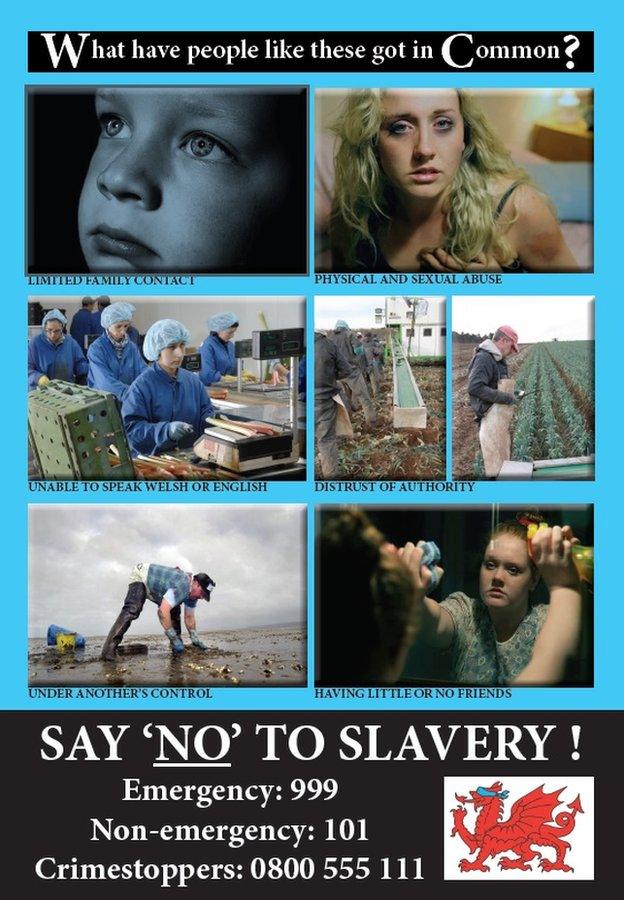
Posters will be on display at the port of Holyhead
- Published14 October 2014

- Published13 October 2014
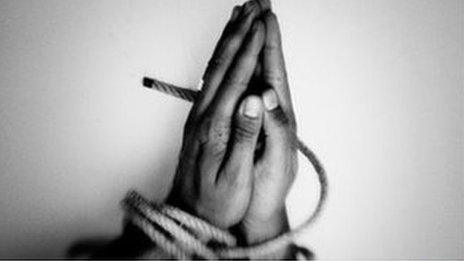
- Published2 September 2014
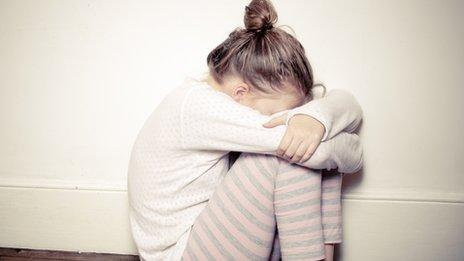
- Published31 July 2014

- Published27 June 2014
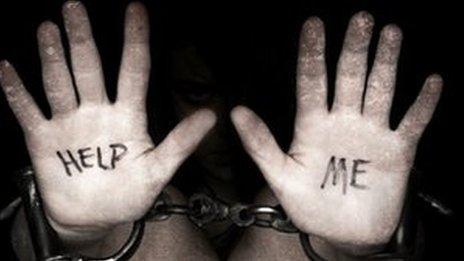
- Published3 February 2014
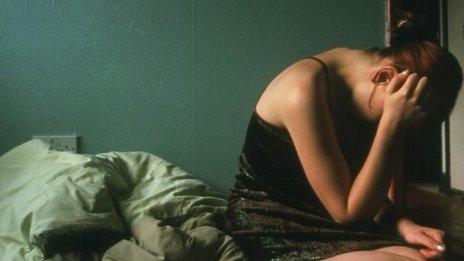
- Published27 January 2014
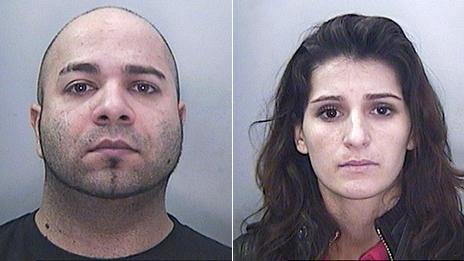
- Published22 November 2013
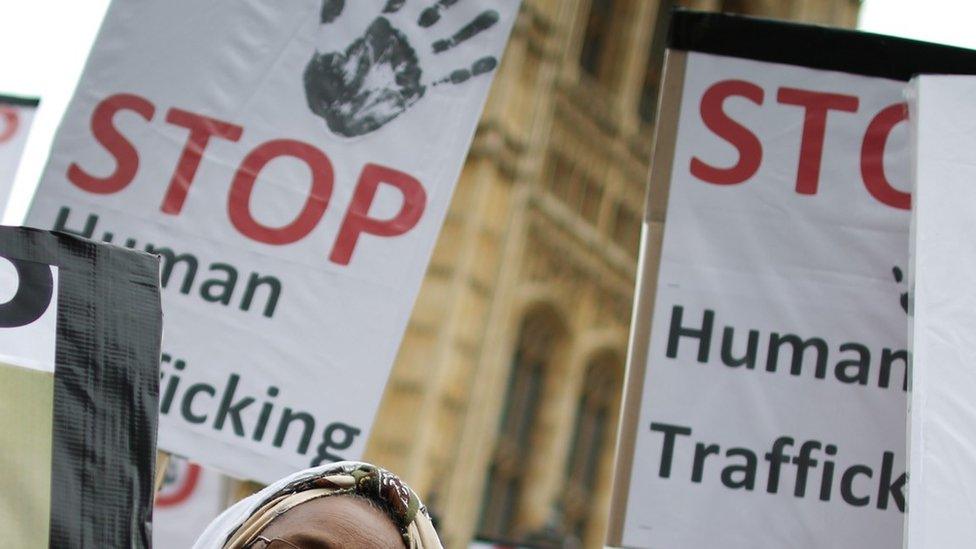
- Published5 April 2013
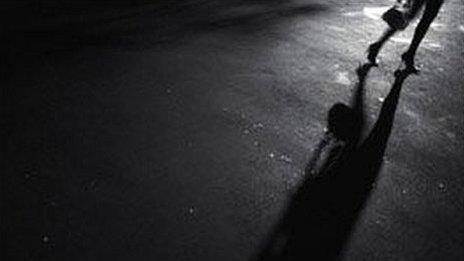
- Published2 December 2012
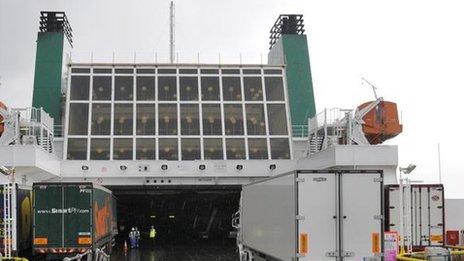
- Published14 November 2012
